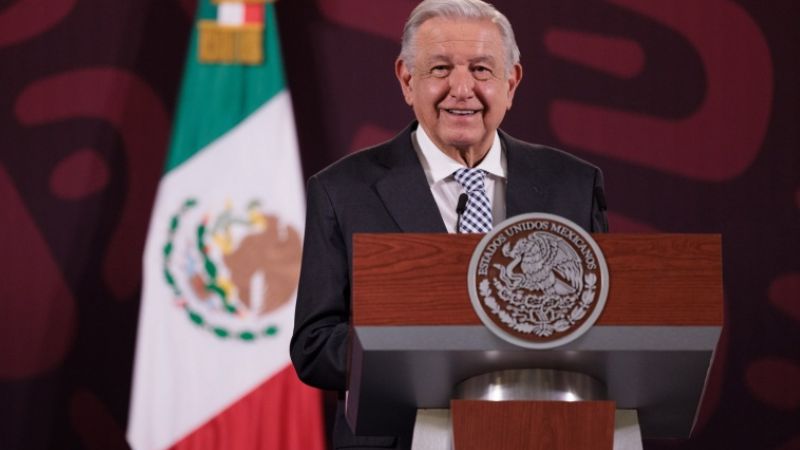Mexico has taken a significant step towards prohibiting conversion therapy by passing legislation in the upper house to ban the practice.
The Senate had initially passed a bill in 2022, but it failed to clear the lower house. Recently, the Chamber of Deputies, the lower house, passed a new bill, which the Senate also ratified on April 25th.
Under the new legislation, practitioners of conversion therapy could face fines and, in more severe cases, prison terms ranging from two to six years.
The bill passed in the senate by a vote of 77-4, with 15 representatives abstaining from the vote.

The practice of conversion therapy is already illegal in several Mexican jurisdictions.
Under the new legislation conversion therapy will be defined as “any type of treatment, therapy, service, or practice that hinders, restricts, impedes, undermines, nullifies, or suppresses a person’s sexual orientation, gender identity, or expression.”
Harsher penalties will apply if the practices undertaken involves people under the age of 18, older adults or people with disabilities.

For the laws to be adopted they must know be approved by Mexican President Andres Manuel Lopez Obrador. The President’s stance on the issue is unknown.
Obrador, who is often referred to by his initials as AMLO, will come to the end of his term soon with Presidential elections being held on 2nd of June.
The president has previously endorsed a National Day Against Homophobia, Lesbophobia, Transphobia, and Biphobia in Mexico. He has also condemned hate crimes against LGBTIQA+ people describing them as part of conservative ideologies.
President Obrador did get himself in hot water earlier this year after he met with Salma Luévano, one of the first people who transgender to be elected to parliament.
After their meeting he described Luévano as a “man dressed as a woman.” He later issued an apology for the comment.





